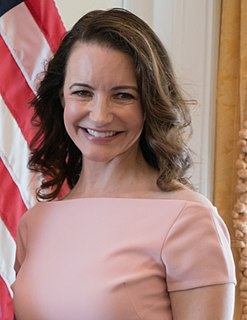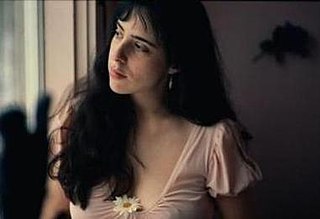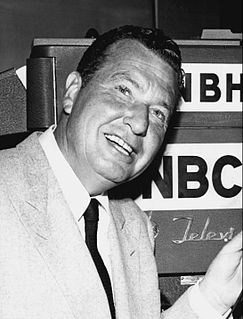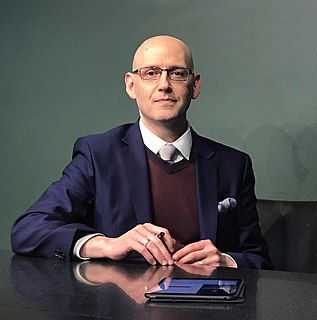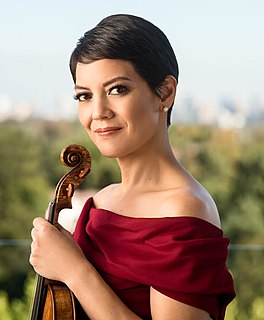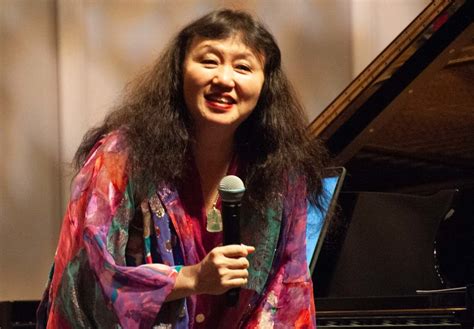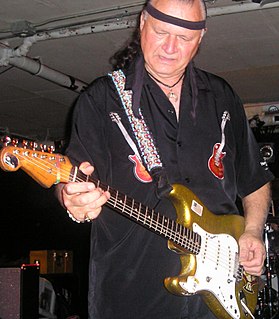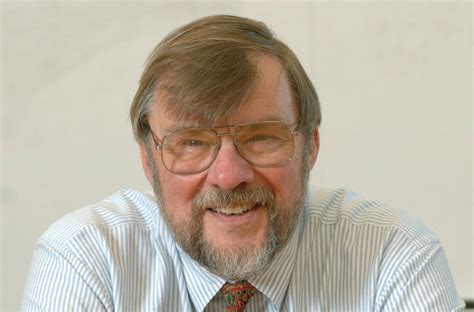A Quote by Karen DeCrow
Most experiences are either sensual or intellectual. Chamber music, played by a small group so the listener can follow what each player is doing, is both.
Related Quotes
It doesn't matter what kind of music you like or what kind of person you are or what you're used to listening to, or whether you know me or not. It doesn't matter, either way you can be inspired by it [my songs]. Each way I want to make it relatable to that group, but most of all keep the inspirational part of it, for sure."



